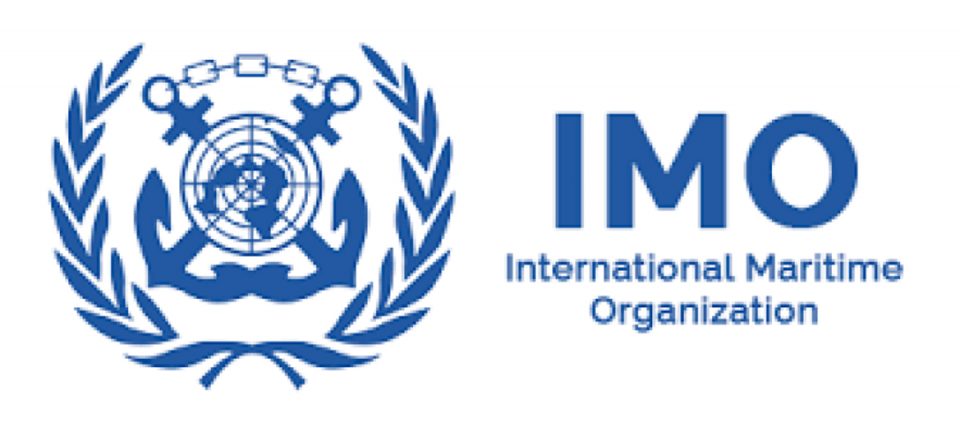The International Maritime Organisation (IMO) Assembly has charged the Governments of its 175 member states to assist in the prevention of piracy and armed robbery against ships as well as other illicit activities in the Gulf of Guinea.
The charge was made as part of the series of resolutions adopted by the IMO Assembly at the concluded 32nd session held in London following concerns on the incessant attacks and illicit activities in the GoG.
Part of the resolution includes a comprehensive action to address seafarers’ challenges during the COVID-19 pandemic, consolidating issues related to crew change, access to medical care, key worker designation and seafarers’ prioritisation for COVID-19 vaccination.
According to the IMO Assembly, there are serious concerns on the safety and security of the maritime industry and the seafaring community as a result of the attacks against ships sailing in the Gulf of Guinea and the grave danger to life.
The IMO Assembly also stated that it is also concerned about the serious risks to navigational safety and the environment that attacks by pirates, armed robbers and other criminals may cause.
The assembly urged governments that have not yet become parties to the 2012 Cape Town Agreement on fishing vessel safety to consider doing so by October 11, 2022, the tenth anniversary of the Agreement’s adoption.
While acknowledging the efforts made by countries in the region as well as other entities, the assembly urged governments to cooperate with and assist States in the Gulf of Guinea to develop their national and regional capabilities to improve maritime governance in waters under their jurisdiction.
The assembly also urged governments to prevent piracy, armed robbery against ships and other illicit maritime activities following international law, in particular, the United Nations Convention on the Law of the Sea (UNCLOS).
The assembly further urged governments to assist States to build capacity to interdict and bring to justice those who commit crimes.
Such assistance, the assembly stated, include strengthening of the legal frameworks, including anti-piracy laws and enforcement regulations, training of national maritime law enforcement agencies, promoting anti-piracy and law enforcement coordination and cooperation procedures between and among States, regions, organisations and industry; and the sharing of information
On capacity-building, the IMO Assembly adopted a strategy to address the needs of member states including issues identified through the IMO Member State Audit Scheme (IMSAS); and achieve the maritime aspects of the 2030 Agenda and Sustainable Development Goals (SDGs), through a focus on supporting the development and implementation of robust national maritime policies and strategies predicated on harnessing the full potential of the maritime economies.




